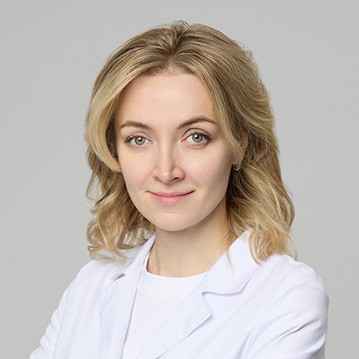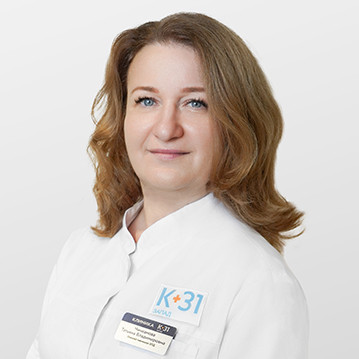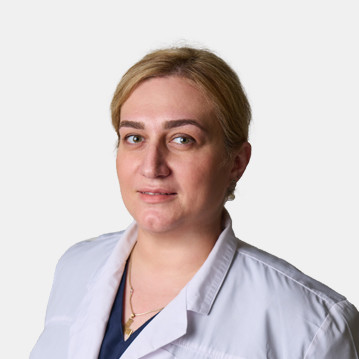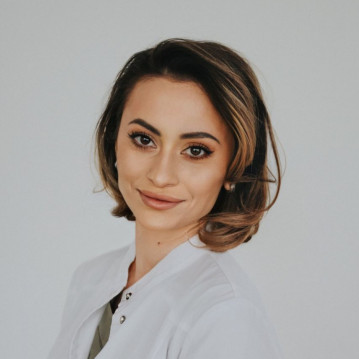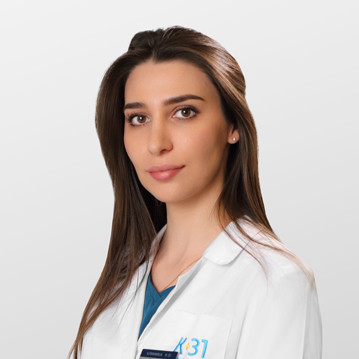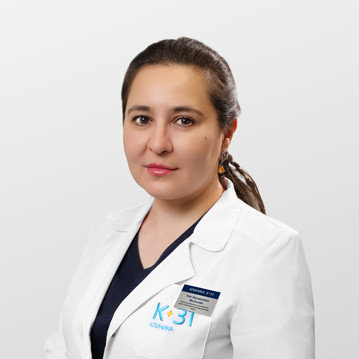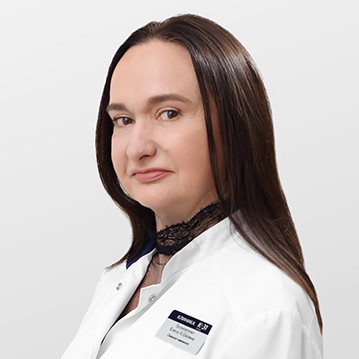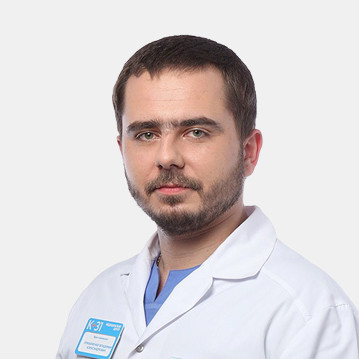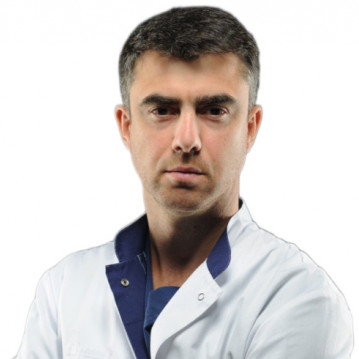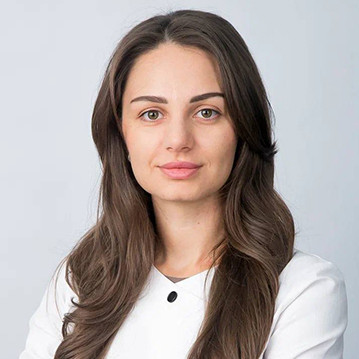What is Better for Early Diagnosis?
Authoritative medical communities from different countries are unanimous in the opinion that mammography is optimal as a screening (that is, preliminary) method for examining women. If necessary, after mammography, the patient is referred for other diagnostic procedures.
When to start the survey?
If nothing bothers you, the examination must be taken from the age of 40. One of the largest international studies showed that performing mammography once a year from the age of 40 reduces mortality from breast cancer by 50%.
If you have changes in your breasts (skin color, shape, nipple discharge, pain).
If there is a genetic predisposition (mutations in the BRCA1 or BRCA2, p53, PTEN, CDH-1, CHEK2 genes have been identified), mammography must be performed starting at the age of 35 in addition to the annual magnetic resonance imaging.
What symptoms to look for?
If you notice:
- pain in the mammary glands not associated with the menstrual cycle;
- redness of the skin, changes in the shape of the mammary gland or nipple;
- discharge from the nipples, not associated with the birth of a child;
- formation that can be felt in the chest.
You need to see a doctor and have a mammogram.


